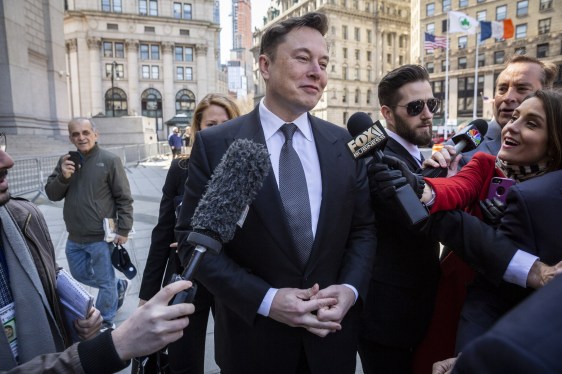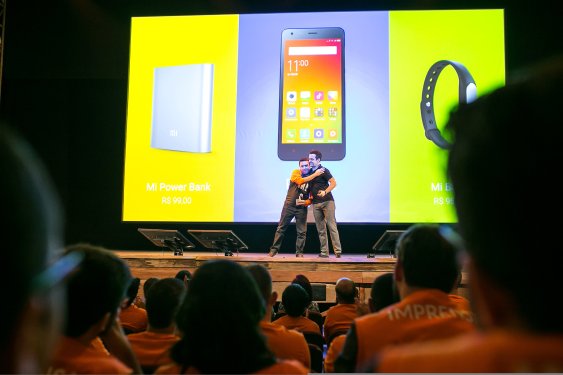Tesla CEO Elon Musk Seeks to End SEC Settlement Provision
The Struggle is Real: Musk vs. the SEC
Elon Musk, the celebrity CEO of Tesla, is once again at odds with the U.S. Securities and Exchange Commission (SEC). In a recent filing with the 2nd U.S. Circuit Court of Appeals in Manhattan, Musk’s lawyers are urging the court to throw out a provision in his 2018 consent decree that requires him to get pre-approval from Tesla lawyers for certain Tesla-related public communications.
The Provision: A "Government-Imposed Muzzle"
Musk’s lawyers argue that this provision is a form of censorship, which they call a "government-imposed muzzle." They claim that the provision violates the First Amendment and restricts Musk’s speech on a broad range of topics that are unrelated to the statements that gave rise to the SEC’s 2018 lawsuit.
The History: A Tweet That Changed Everything
It all started with a tweet from Musk in August 2018, where he claimed that he was considering taking Tesla private at $420. Funding secured. This tweet caused Tesla’s stock price to jump by over 6%, leading to significant market disruption according to regulators. The SEC filed a complaint alleging securities fraud, stating that the buyout was not at all close and was subject to numerous contingencies.
The Settlement: A Fine and a Promise
After much verbal foot-stomping, trolling on Twitter, and complaints about the SEC’s actions being unjustified, Musk ended up settling with the SEC. He agreed to pay a fine of $20 million and accepted the provision requiring pre-approval from Tesla lawyers for certain public communications.
The Current Battle: Musk vs. the SEC
Musk’s lawyers argue that the provision has been rendered obsolete by Tesla’s own disclosure and controls procedures. They claim that even if this provision were thrown out, which is unlikely, Musk would still be subject to scrutiny by Tesla’s own procedures because he uses his own personal Twitter account to disclose news and information to investors.
The SEC’s Position: Scrutiny is Still Necessary
SEC regulator Melissa Armstrong wrote in a filing earlier this year that even if the provision were thrown out, the SEC could still investigate matters relating to Tesla’s disclosure controls and procedures, including Musk’s tweets about Tesla. She stated that the SEC may legitimately investigate "the accuracy of Tesla’s public statements about its controls and procedures."
The Debate: Censorship or Scrutiny?
This battle raises important questions about censorship and scrutiny in the business world. Should CEOs be free to speak their minds, even if it means sharing sensitive information on social media? Or should they be subject to strict guidelines to ensure that investors are protected?
As this debate continues, one thing is clear: the relationship between Elon Musk and the SEC remains complex and contentious.
What’s Next?
The 2nd U.S. Circuit Court of Appeals will review Musk’s filing and make a decision on whether to throw out the provision. If they do, it could have significant implications for CEOs and their social media use. But if they don’t, Musk may be forced to continue living under the constraints of the SEC’s regulations.
The Bottom Line
This battle is not just about Elon Musk or Tesla; it’s about the balance between free speech and corporate responsibility. As the debate rages on, one thing is certain: the relationship between CEOs and regulators will only become more complex in the years to come.
Key Players
- Elon Musk: CEO of Tesla
- SEC (U.S. Securities and Exchange Commission): Regulator
- Melissa Armstrong: SEC regulator
- Rebecca Bellan: Senior Reporter, Transportation at TechCrunch




